
Understanding Immigration Policies in Germany: Entry, Residence, and Work Permits
Embark on a seamless journey by expertly navigating immigration policies in Germany for a smooth transition and successful integration into the German business ecosystem.
Germany classifies residence titles based on the duration of stay and the country's intended purpose (including business activities). These include:
- Visa (Schengen visa and national visa)
- Residence permit in Germany
- Settlement permit
A visa allows the holder to enter and stay in Germany for short periods (up to 90 days within 180 days). A residence or settlement permit is necessary for extended stays exceeding 90 days in 180 days or for engaging in self-employment or employment in Germany. The specific type of residence title needed depends on the investor’s nationality and the particular business activities planned in Germany. Generally, a residence permit in Germany is not required for company incorporation, but it becomes necessary when the foreign individual intends to operate the business locally.
Types of Residence Titles in Germany
Germany offers different legal statuses based on the duration and purpose of stay:
- 1. Schengen Visa (Short-Stay Visa) – Valid for up to 90 days within a 180-day period
- 2. National Visa – Grants initial entry for long-term stays
- 3. Residence Permit – For extended stays (employment or self-employment)
- 4. Settlement Permit – Permanent status after years of successful residence
Generally, a Schengen business visa is sufficient for initial company formation activities. However, if business operations exceed 90 days or involve active management, a residence permit in Germany becomes necessary. A company incorporation visa in Germany is suitable for foreign nationals involved in foundational tasks such as registering a GmbH or signing contracts.
Who Needs a Residence Title?
EU citizens and individuals from Iceland, Norway, and Liechtenstein can settle and work in Germany without needing a residence title. Swiss nationals, however, must inform the German immigration office (Ausländerbehörde) of their extended stay in Germany to obtain a residence permit confirming their right to free movement.
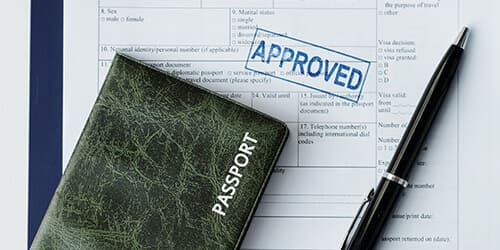
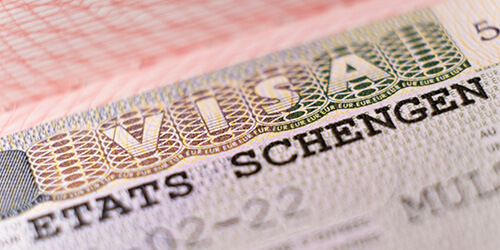
Non-EU Citizens: Entry and Short-term Stays
Non-EU citizens typically need a Schengen visa for entry and short-term visits to Germany. Nevertheless, specific regulations vary for certain nations. For instance, individuals from Argentina, Australia, Brazil, Canada, Israel, Japan, Mexico, New Zealand, South Korea, the UK, the USA, and Hong Kong can enjoy a visa-free stay of up to 90 days within any 180 days in Germany.
Non-EU Citizens: Long-term Stays
For long-term stays, non-EU citizens require a residence permit in Germany or a settlement permit. The local German mission initially issues a national visa for entry into Germany. The national visa is converted into a residence permit by the competent German immigration office (Ausländerbehörde).
Non-EU citizens from countries exempt from short-term visa requirements also require a national visa when entering Germany for long-term purposes.
There are specific arrangements in place for citizens of Australia, Canada, Israel, Japan, New Zealand, South Korea, the UK, and the USA, enabling them to undertake extended stays in Germany without requiring a national visa. These individuals can apply for the necessary residence or settlement permit at the German immigration office (Ausländerbehörde).
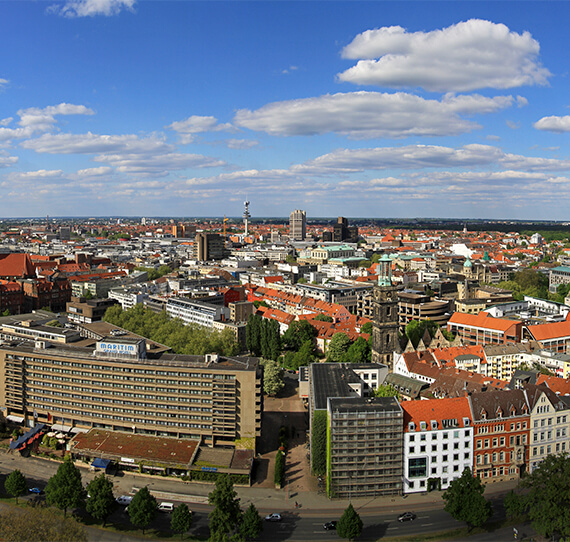
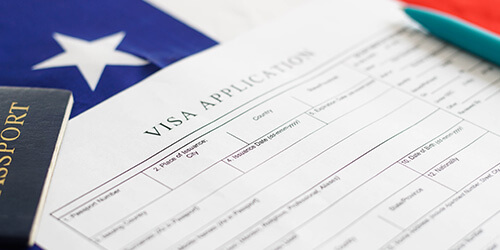
Application Procedure
Typically, individuals must request their residence title at the appropriate German embassy or consulate general before arriving in Germany. The corresponding visa is subsequently issued in the applicant’s home country. The standard application fee is EUR 80 for a Schengen visa and EUR 75 for a national visa. Additional fees of up to EUR 100 for a residence permit in Germany may exist.
Visa for Incorporation
A business visa for Germany—such as a Schengen visa—is adequate for most tasks during the initial phase of company incorporation in Germany. It grants the bearer a 90-day stay, allowing them to undertake essential establishment activities. However, using a company incorporation visa in Germany does not automatically guarantee the issuance of a residence permit. If needed, an application for a residence permit for self-employment or employment should be submitted promptly.
A residence permit must also be sought if the incorporation process extends beyond 90 days.
Incorporation Activities with a Schengen Business Visa:
- Adopting and notarization of articles of association
- Registration in the commercial register
- Trade office registration (provided at least one representative is on-site in Germany)
- Other preparatory activities (e.g., contract finalization)
Residence Permit for Self-Employment
Entrepreneurs from non-EU countries planning to oversee a business in Germany as self-employed individuals require a self-employment residence permit Germany. This permit can be obtained if the proposed business is anticipated to have a positive economic impact and possesses secure financing.
It entails a comprehensive evaluation of the business venture, considering:
- Viability of the business concept
- Entrepreneur’s prior experience
- Amount of capital invested
- Regional economic interest or demand
The self-employment residence permit in Germany is initially valid for up to three years. After this period, a settlement permit (permanent) may be granted if the investment project has been successfully implemented and demonstrates a stable income outlook.
Who is typically considered self-employed?
- Entrepreneurs, including freelance professions
- Partners within a partnership
- Primary shareholders of a GmbH who concurrently serve as managing directors
Residence Permit for Employment
In March 2020, the Skilled Immigration Act was implemented, expanding access to the German labor market for skilled workers and outlining the criteria for qualified professionals outside the EU seeking a work visa in Germany for non-EU citizen applicants.
These professionals include:
- University graduates
- Individuals who have completed high-quality vocational training
The Act emphasizes the importance of:
- Recognizing foreign qualifications
- Obtaining pre-approval from relevant authorities
- Leveraging the new fast-track application process for employers at the German immigration office (Ausländerbehörde)
EU Blue Card Germany
The EU Blue Card Germany streamlines the entry process for highly qualified professionals holding a university degree. Non-EU citizens qualify when they:
- Hold a German or equivalent degree
- Have a job offer in Germany
- Earn a gross salary of at least EUR 56,400 (2022), or EUR 43,992 for shortage professions (e.g., IT, engineering)
A permanent settlement permit can be obtained after 33 months, or 21 months for individuals with adequate German language skills.

ICT Card Germany
Germany has also simplified the process for long-term intra-corporate transfers through the ICT Card Germany. This allows for seamless transfer of staff from a non-EU entity to a host company in Germany.
- Managers and specialists employed for at least 6 months before transfer
- Assignment within the same corporate group
- Proper documentation: employment contract and transfer letter
- Prior approval from the Federal Employment Agency (FEA)
Applications must be submitted through the German mission abroad, and final approval is granted by the German immigration office (Ausländerbehörde).
At HIBS Germany, we specialize in helping entrepreneurs, investors, and skilled professionals smoothly navigate immigration policies in Germany. Based in Hannover, our expert team provides complete support for obtaining your residence permit — including business visas, self-employment residence permits, the EU Blue Card, or the ICT Card — exclusively for individuals who are in the process of opening a company in Germany.
Get In Touch


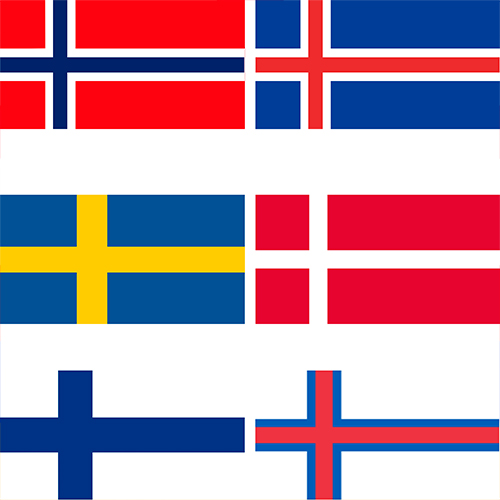





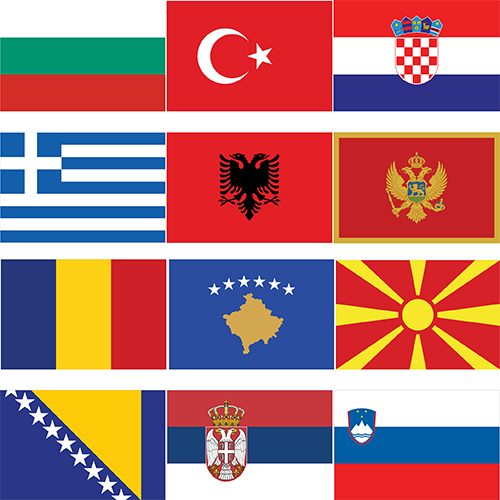







 Twitter
Twitter